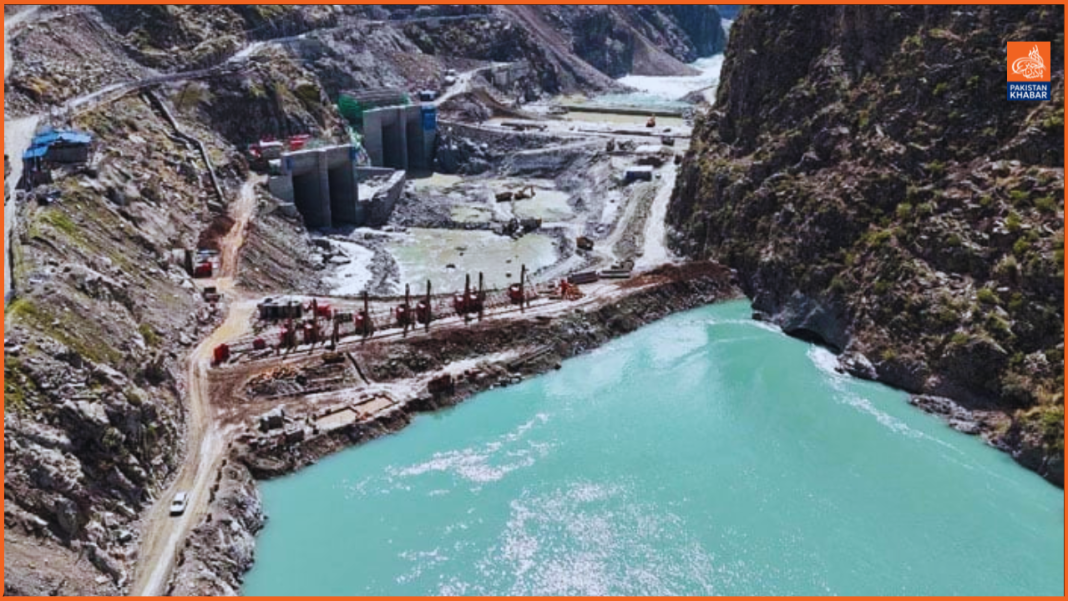The World Bank has highlighted a significant slowdown in the progress of the Dasu Hydropower Project, which has a planned capacity of 4,320 MW. The delays are mainly caused by logistical challenges, including restrictions on the movement of international workers and a shortage of armored vehicles necessary for their safe transportation in the project areas. These issues have hindered the timely progress of this crucial energy project.
From September 2-13, 2024, a World Bank Mission visited Pakistan to assess the status of the multi-billion-dollar project. During the visit, discussions were held with officials from the Water and Power Development Authority (WAPDA) and the National Transmission and Dispatch Company (NTDC). The World Bank had previously approved an additional $1 billion in financing for the first phase of the project in June 2024, urging the Pakistani government to expedite loan agreements to optimize financing costs.
Despite facing security concerns and logistical obstacles, construction work on the project continues, including on its essential transmission line. The World Bank has emphasized the need for enhanced security measures to safeguard project workers and ensure the timely movement of international staff, which is crucial for speeding up the construction process.
One of the project’s critical milestones, the concreting of the integrated coffer dam, is now expected to begin in 2025 during the low-flow season due to the delays. The World Bank has called for greater coordination between federal and provincial authorities to resolve issues, such as the demolition of affected homes and local disputes, to prevent further slowdowns.
Additionally, improvements in the 765 kV transmission line’s progress have been noted, but there is a need for the NTDC Board to approve vital agreements and ensure safety standards are upheld to keep the project on track.
Maintaining momentum on both the hydropower project and its transmission line is essential for reducing Pakistan’s electricity costs and lowering tariffs for consumers in the long run.




